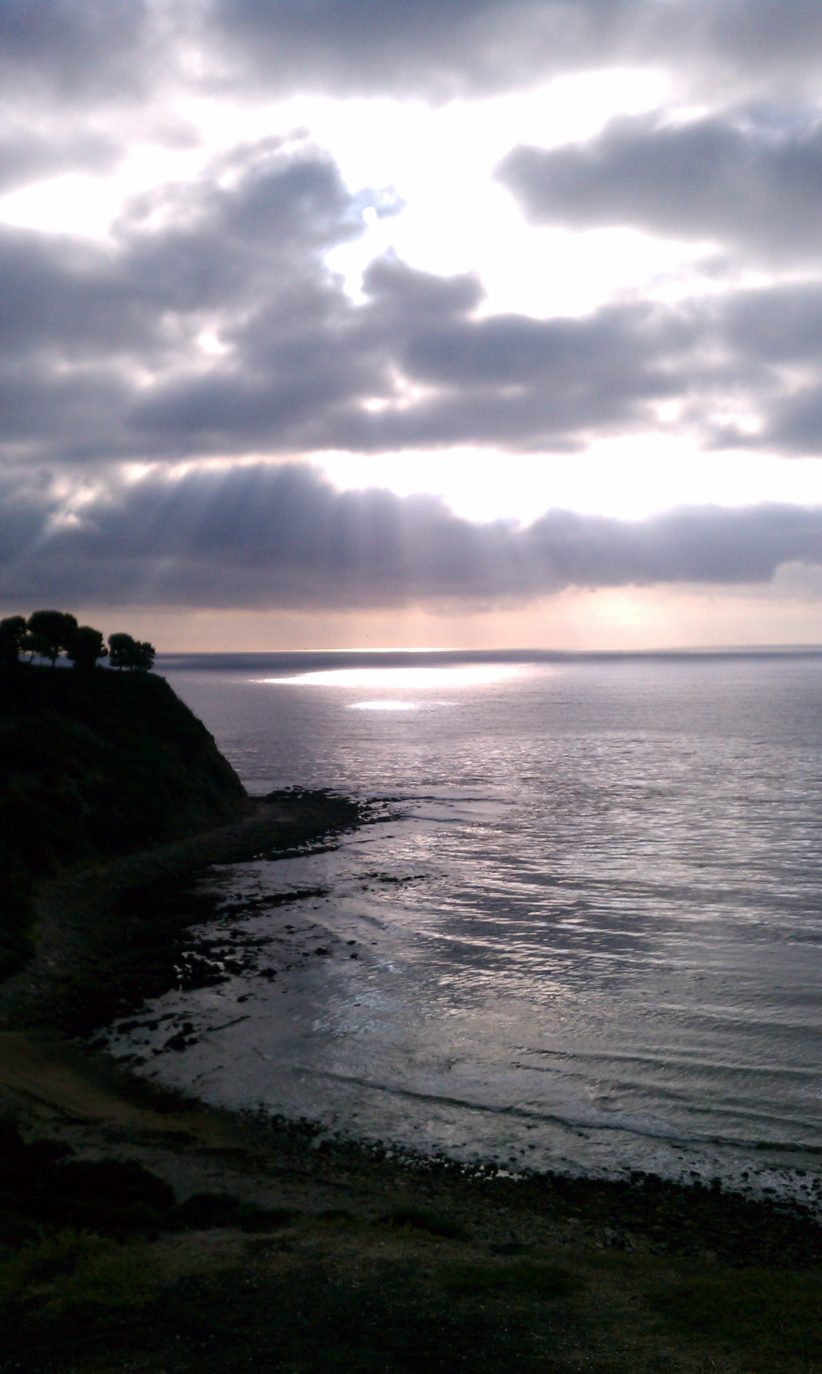I just finished reading Barbarian Days, a delicately wrought memoir by William Finnegan, a staff writer at the New Yorker magazine. Finnegan was awarded the Pulitzer Prize for biography in 2016 for this book.
Finnegan's gift is to use his lifelong obsession with surfing as a lens to explore the eventual unfurling of a unique and distinguished life path.
His story begins as a stock TV after-school special plot: An LA kid who'd just started surfing relocates to Hawaii for his father's new entertainment industry job, which leaves him in a racially divided public school where he is in the distinct minority as a white kid. He forms friendship that transcend the racial divide in a beach break a short distance from his home, and his surfing skills develop in parallel to friendship with a local Hawaiian surfing clan.
The real story develops as he pulls away from his family and cultivates a literary inner search among the taciturn athletes and social misfits that chase surf with him, with the 1960s counterculture and permissive adolescence as the backdrop.
There is a withdrawal, a general insensitivity to his family's needs (he leaves to travel the world with his girlfriend before giving his folks a chance to see him walk in his high school graduation), some international travel along a hippie/surfer trail, and multiple opportunities to work blue collar jobs in order to explore a local break in depth or save up and take surf trips on the cheap.
Small seeming accidents lead organically to a career in human rights journalism, war reporting, and eventually idiosyncratic pieces that develop the opportunity for a staff writer position with the New Yorker.
What separates this story from others in the coming of age or travelogue genres are a few completely unfair advantages:
- The writing is precise, erudite, bordering on poetic in conveying the balance between fear and ecstasy that obsession with the ocean depends on.
- The author combed through decades of journal entries, applying an elder's perspective to a youth's decisions in order to make sense of why decisions were made and relationships forsaken. Seeing the consequences of those choices lends a richness to the narrative.
- The final chapters ruminate on the body's inevitable deterioration, and how a passion dependent on physical prowess starts to wane with age, aches and distractions (marriage, children).
It's those final chapters that speak to me. William Finnegan is currently a young 68, and he continues to surf with a crowd that by his accounting is younger and more able-bodied. He sees the new need to build and maintain the stamina he once took for granted in pursuing his athletic passion.
When I hit 40, my primary care physician cautioned me that I was no longer at the age where I could count on what he called "passive fitness" to remain healthy. I've tried to follow his advice. The surf kayaking that was my go to activity for the past few years has been taken off my menu of activities due to chronic back pain.
Your body deteriorates, and you attempt to slow the rate of entropy.
You let go of what you can no longer do.
You aim for fitness even as you see frailty in those around you.
William Finnegan touches on these topics in a thoughtful, often poignant manner without resorting to maudlin language. I could not put it down, and missed it deeply once I'd completed it.

